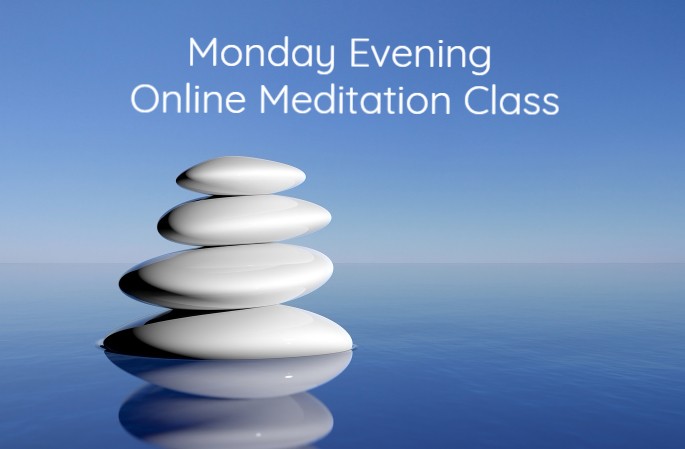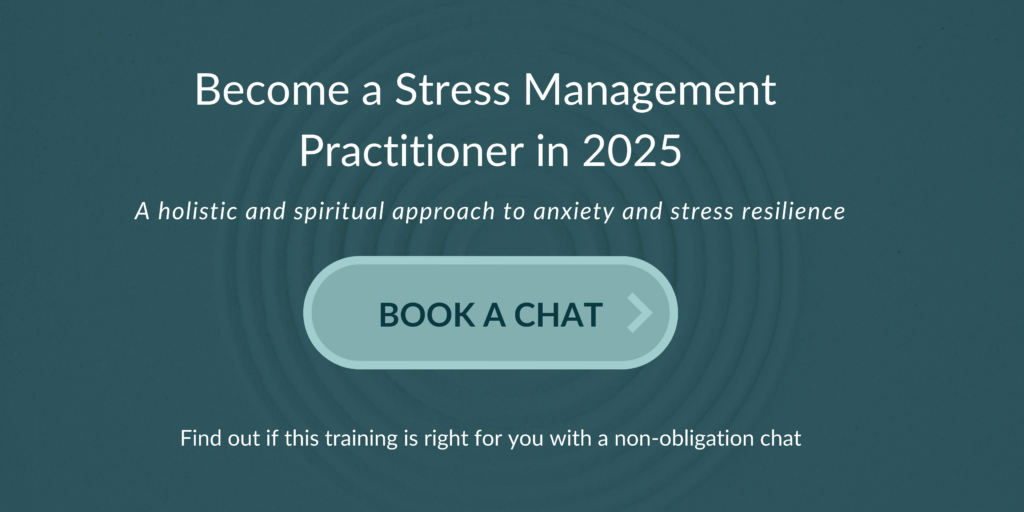The Toolbox Of A Stress Therapist, Stress Management Consultant, And Coach
Like most Stress Therapist’s and Stress Management Consultant’s, I have a wide stress management toolkit. I use a wide range of stress management techniques and strategies to help clients let go of anxiety and stress. Mostly self-help tools that teach and empower clients and students to let go of chronic stress and anxiety.
The Most Important Tool In My Stress Therapist Toolkit
I believe the most important tool in my stress management toolbox is meditation. Despite investing in tens of thousands of pounds of anxiety and stress management tools, therapeutic approaches over nearly 30 years. The right style and approach to meditation can be the most important anxiety and stress-busting tool for all ages. Our less than 5-Minute Meditation Technique has been my most popular anxiety and stress-reducing tool over the last 20 years.
Other Important Tools In A Stress Therapist’s Toolbox
Other highly effective stress management tools used by relaxation therapists and stress therapists are relaxation therapy techniques especially muscle relaxation techniques. Although some of these techniques are over 100 years old they are still extremely helpful at reducing anxiety and stress. And are very commonly used in pain management and sleep therapy programs. In our Certificated Relaxation Therapist Training, we teach the safe and effective use of different types of relaxation therapy for clients with all sorts of mental, emotional and physical health challenges. Some stress management therapists will teach self-hypnosis to clients who they deem suitable for this form of self-help.
Stress Management Analysis Tools
Stress management uses a variety of assessment and analysis tools to help analyse not just the level of stress or anxiety. But will use different types of stress analysis tools to assess the sources of stress. Stress comes from a wide range of internal and external stressors, our beliefs, conditioning, our lifestyle, and occupation.
Stress Therapists and Stress Counsellors use a variety of stress analysis tools to help assess the client’s biggest stressors. And various psychometric tests to assess other things like personality traits, to assess the client or patient’s strengths and weaknesses.
One of the stress analysis tools we use in our Stress Management 101 is our Balanced Lifestyle Analysis sheet. We use this and another few stress assessment tools to help the client see for themself their biggest sources of stress. The use of different stress assessment tools was something I was introduced to many years ago in a course written by Stress Management Expert, Stephen Palmer. And then slightly again in my stress management advisor and advanced stress advisor course through Caledonian University and Stress Education Services.
Healthier Thinking Tools
Cognitive Behaviour Therapy, Neuro Linguig Programming, and other mindset approaches are also common tools used in Stress Management. I tend to help clients in the long-term learn to override the mind but still use CBT and NLP when appropriate.
 A Stress Therapist’s Role Is To Teach Life-Long Skills
A Stress Therapist’s Role Is To Teach Life-Long Skills
A stress therapist’s role is not just to be a therapist but a teacher, supporter, guide. Today many holistic therapies are promoted to reduce or help manage your stress. But unfortunately many only give immediate or short-term relief. Once you have had that massage or been to your yoga class, you still have to manage your daily stressors.
Although some stress management strategies can give fast immediate relief. The most powerful stress management tools that stress therapists use are life-long self-help skills. Those simple yet effective stress-busting techniques that the client or student can apply easily and effectively into their daily life.
My Tools As A Stress Coach, Stress Advisor And Stress Therapist
My work includes a combination of Counselling, CBT, Flower Remedies, Life Coaching, Guided Visualisation, Healing, Meditation, Relaxation Therapy Techniques, Anger & Stress Management Advice & Analysis Tools, QE and occasionally I use a bit of NLP, Hypnotherapy, Release Technique. But despite being trained in stress management to university level, meditation and relaxation therapy are my most popular stress management techniques. Especially teaching meditation techniques that help clients access instant stillness. What more can one ask for?
Why Every Stress Therapist Or Stress Coach Needs The Right Meditation Techniques
When you teach a client how to meditate and access stillness, you teach them how to be in the moment, how to flow with life. But teaching meditation is not something one can learn in a few days, weeks or months. Teaching meditation in many ways has to become part of your way of life before you start teaching anyone else. Meditation is very much about moving beyond the mind, moving beyond our conditioning. It is more about being than doing.
Why Every Stress Therapist Needs A Wide Toolbox
Helping clients understand their stressors and how to manage them can take time. Every client or student is unique in their present challenges, their life experiences, their strengths and vulnerabilities. We often meet clients at different parts of their life journey, meet clients with different beliefs and conditioning. Being an effective stress therapist, consultant or coach involves choosing the most suitable stress management strategies for that client. That is why the most successful stress therapists have a large toolbox of highly effective stress management tools at their disposal.
If you struggle with stress, find it difficult to relax or switch off I have a range of self-study courses that teach you how to meditate and relax deeply.
Or if you are a holistic therapist or coach our Relaxation Therapist Training teaches you some of the most powerful meditation and relaxation techniques I taught over 18 years as a stress management expert.







Absolutely agree with meditation being key.